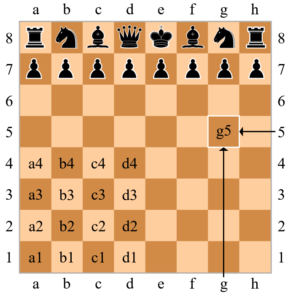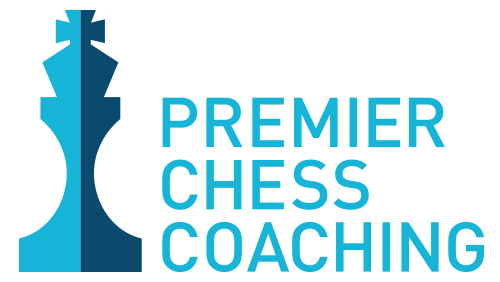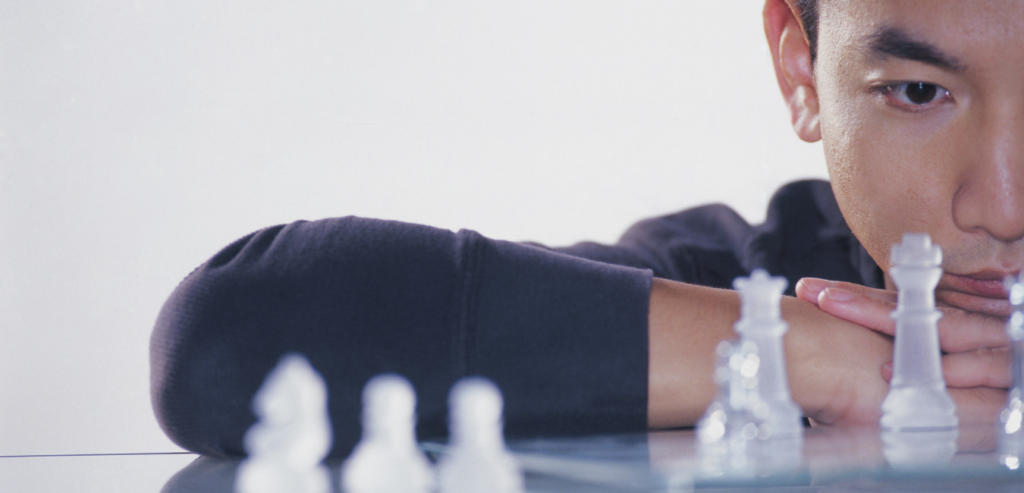Loving the game and playing chess daily is great, but it alone is not enough to propel you up the ladder! When we say practice makes perfect, we mean the right practice. Practicing right is more than just playing games, it’s revisiting those games, evaluating them, and understanding your shortcomings. That’s how you get better at chess. To make your analysis as effective as possible, there are a few things you need to focus on.
1. Chess Notation is An Important Step
It seems daunting at first, but it’s really quite simple. Becoming fluent in chess notation is important because in order to effectively review your games, you should be recording your moves as you go. Using chess notation

helps make this as quick as possible, so it’s more of a ‘background process’ in your mind instead of taking too much of your attention. Here is an illustration that explains how chess notation works.
When you’ve mastered chess notation, it’s time to take a look at annotation as well. Annotations are a set of widely recognized symbols that you can add to your notations to get a better picture of a particular move when looking back. Getting better at chess involves understanding the context of your moves, rather than just what they were. Annotations are great for this. Here is a great explanation of chess annotations.
2. Write Down Your Thoughts Immediately After a Game
During a game, you will find yourself making critical decisions. Often the decision you make will be the wrong one, and that’s totally fine! It’s important to keep these important moments in our minds so we can come back to them later and understand what we did wrong. Immediately after a game, jot down some quick notes about moments that stood out to you, how you chose to handle them, and why. Keep it short and simple.
3. Go Over Your Game With a Partner or Coach
Now that you have all the resources to evaluate your game, it’s always best to sit down with a partner or your coach to analyze how things went. Having the right coach can be so helpful here. Getting better at chess is so much easier when you have a second set of eyes that understand the game that much better than you. If your opponent has more experience than you at chess, it’s always great to ask them to go over the game with you as well. Understanding their mindset is a valuable piece of knowledge.
When analyzing, start simple. Sit down around a physical board, and take 20 minutes to write down your thoughts for critical moves. Consider your thought process and why you chose to make the moves you did, and evaluate them in hindsight. Over time your analyses will become more in depth, but until then, do what you can and focus on really internalizing your findings.
We hope this guide helps you analyze your games better than before. If you think you could use the help of a coach to get better at chess, we can help! Get in touch with us here and let our amazing coaches help you grow your skills.


